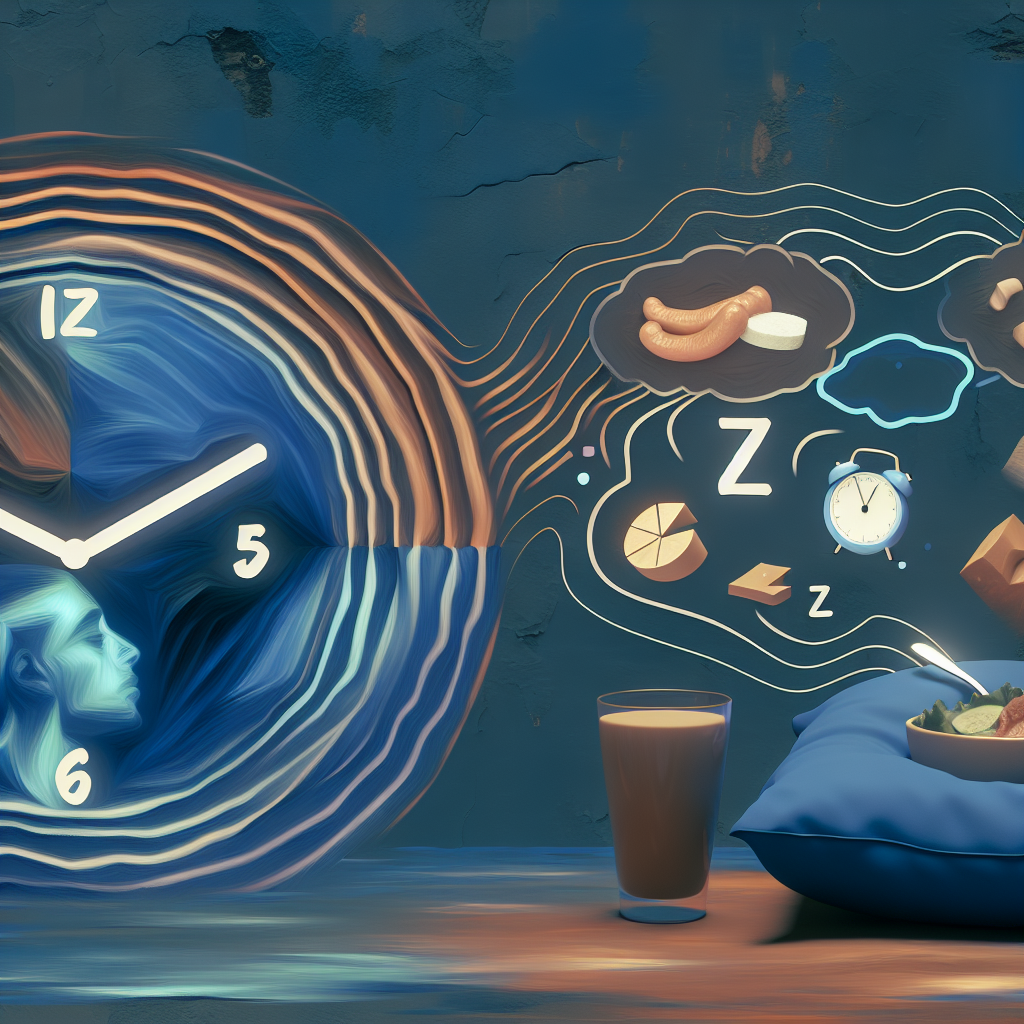The Importance of Deep Sleep in Modern Life
In today’s always-on world, restorative sleep often takes a backseat to the demands of modern living. Yet, quality sleep, particularly deep sleep, is not a luxury but a biological necessity. Deep sleep, or slow-wave sleep (SWS), represents the most restorative phase of the sleep cycle. During this stage, the body performs crucial tasks such as repairing tissues, consolidating memories, and releasing growth hormones that regulate various physiological processes.
Deep Sleep Challenges in Adults
Despite its importance, many struggle to achieve adequate deep sleep. Stress, aging, and lifestyle factors, such as excessive screen time and irregular schedules, can significantly reduce the time spent in this vital stage. According to research, adults typically spend about 13–23% of their total sleep time in deep sleep, but this percentage tends to decrease with age (Ohayon et al., 2004). A lack of deep sleep can lead to chronic fatigue, impaired cognitive function, and a weakened immune system.
Understanding Sleep Science
Deep sleep is marked by slow delta brain waves and is most prominent during the first half of the night. It is during this phase that the body undergoes repair and detoxification processes. Studies indicate that deep sleep enhances immune response, with findings showing a direct link between reduced deep sleep and higher inflammation levels (Irwin, 2015). Moreover, it plays a pivotal role in memory consolidation, converting short-term memories into long-term storage (Diekelmann & Born, 2010).
Research-Based Sleep Enhancement Methods
Maintaining a regular bedtime and wake-up time can regulate your circadian rhythm, which governs sleep-wake cycles. Research published in Sleep Medicine highlights that irregular schedules can fragment sleep, reducing the time spent in deep sleep (Lo et al., 2016).
Mental Relaxation Approaches
Practices like mindfulness meditation, progressive muscle relaxation, and deep breathing exercises reduce stress hormones like cortisol, which can interfere with sleep architecture. A study in JAMA Internal Medicine found that mindfulness-based stress reduction programs significantly improved sleep quality and increased slow-wave activity (Black et al., 2015).
Creating the Perfect Sleep Environment
The physical sleep environment has a profound impact on sleep quality. A cool room (60–67°F), minimal noise, and complete darkness promote deep sleep. Using blackout curtains and sound machines can help create this ideal environment. Research from the National Sleep Foundation also emphasizes the importance of comfortable mattresses and pillows for restorative sleep.
Physical Activity and Sleep Quality
Regular aerobic exercise has been linked to improved slow-wave sleep, with studies showing that moderate-intensity workouts increase deep sleep time in middle-aged and older adults (Reynolds et al., 2018). Yoga and tai chi also promote relaxation and enhance overall sleep quality.
Managing Screen Time for Better Sleep
The blue light emitted by electronic devices suppresses melatonin production, the hormone responsible for regulating sleep onset. Avoiding screens for at least an hour before bed can significantly enhance the transition to deep sleep. A study in Chronobiology International found that blocking blue light with specialized glasses improved sleep quality and melatonin levels (Figueiro et al., 2017).
Innovative Sleep Enhancement Techniques
Magnesium and tryptophan-rich diets have shown potential in promoting deeper sleep. Magnesium, found in leafy greens, is crucial for activating the parasympathetic nervous system, which helps induce relaxation. A clinical trial reported in Journal of Research in Medical Sciences found that magnesium supplementation improved sleep efficiency and deep sleep in elderly participants (Abbasi et al., 2012).
Light Therapy Benefits
Morning exposure to natural or artificial light that mimics sunlight can reset the circadian rhythm, encouraging better sleep cycles. Studies suggest that timed light exposure may enhance slow-wave sleep by improving melatonin regulation (Pandi-Perumal et al., 2005).
Cognitive Behavioral Therapy for Sleep
CBT-I, a structured, evidence-based approach, addresses harmful sleep habits and beliefs. A randomized controlled trial published in Sleep showed that CBT-I effectively increased slow-wave sleep in patients with insomnia (Trauer et al., 2015).
Final Thoughts on Sleep Optimization
Deep sleep is a cornerstone of physical and mental health. By adopting a consistent sleep schedule, embracing relaxation techniques, optimizing your environment, and exploring emerging therapies, you can significantly enhance the quality and duration of deep sleep. Remember, improvement takes time, and patience is key to making sustainable changes.
Professional Guidance for Sleep Issues
If sleep issues persist, consult a healthcare professional for tailored advice and interventions. With the right strategies, you can unlock the restorative power of deep sleep and wake up each day feeling rejuvenated and ready to face life’s challenges.
Academic References
Abbasi, B., et al. (2012). The effect of magnesium supplementation on primary insomnia in elderly: A double-blind placebo-controlled clinical trial. Journal of Research in Medical Sciences, 17(12), 1161–1169.
Black, D. S., et al. (2015). Mindfulness meditation and improvement in sleep quality: A systematic review and meta-analysis. JAMA Internal Medicine, 175(4), 494–501.
Diekelmann, S., & Born, J. (2010). The memory function of sleep. Nature Reviews Neuroscience, 11(2), 114–126.
Irwin, M. R. (2015). Why sleep is important for health: A psychoneuroimmunology perspective. Annual Review of Psychology, 66, 143–172.
Lo, J. C., Ong, J. L., et al. (2016). Effects of sleep irregularity on the human body clock. Sleep Medicine, 24, 10–15.
Pandi-Perumal, S. R., et al. (2005). Light therapy and sleep disorders: A review. Sleep Medicine, 6(5), 453–463.
Reynolds, A. C., et al. (2018). Exercise and sleep: A systematic review. Progress in Cardiovascular Diseases, 60(6), 551–559.
Trauer, J. M., et al. (2015). Cognitive behavioral therapy for chronic insomnia: A systematic review and meta-analysis. Sleep, 38(9), 1311–1326.

Dominic E. is a passionate filmmaker navigating the exciting intersection of art and science. By day, he delves into the complexities of the human body as a full-time medical writer, meticulously translating intricate medical concepts into accessible and engaging narratives. By night, he explores the boundless realm of cinematic storytelling, crafting narratives that evoke emotion and challenge perspectives.
Film Student and Full-time Medical Writer for ContentVendor.com




